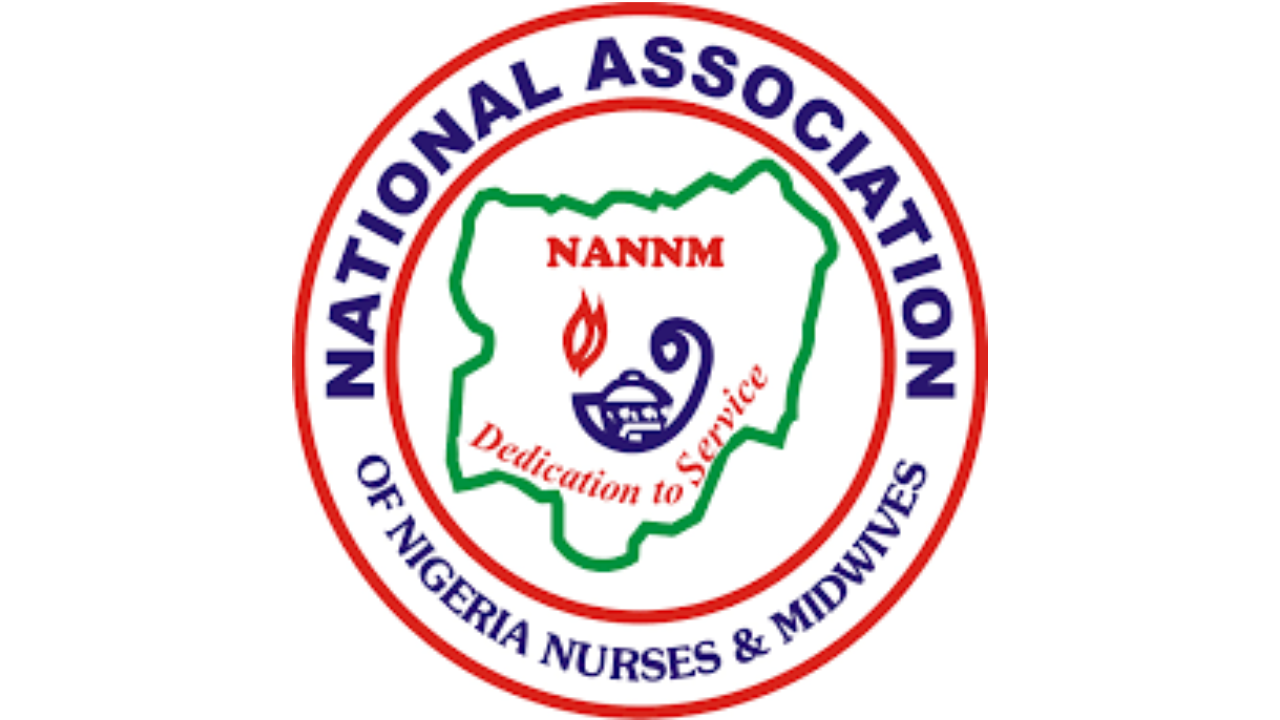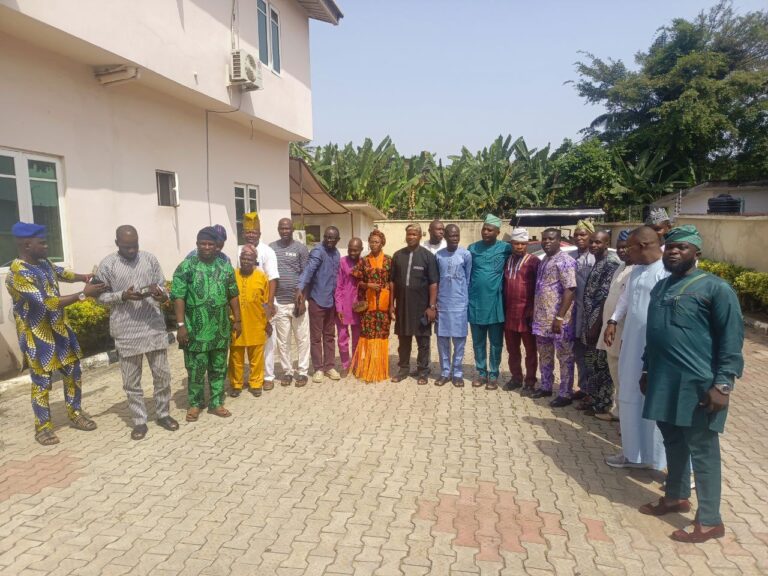
The National Association of Nigerian Nurses and Midwives – Federal Health Institutions Sector (NANNM-FHI) has clarified that its ongoing nationwide warning strike has not been suspended, despite reports suggesting otherwise.
This clarification follows a meeting between the union leadership and the Coordinating Minister of Health and Social Welfare, Professor Muhammad Ali Pate, on Friday in Abuja.
Speaking during a media briefing on Friday, the union’s spokesperson, Omomo Tibiebi, confirmed that the industrial action, which began on Wednesday, is still in effect. Tibiebi further emphasized that only the union’s National Executive Council (NEC) has the authority to suspend or end the strike.
“The strike has not been suspended. Earlier today (Friday), the NANNM executives had a meeting with the Coordinating Minister of Health and Social Welfare, Prof. Muhammad Pate, and it was the minister that went to press to say the strike was called off,” Tibiebi stated.
“He wasn’t the one that called the strike in the first place, so he has no right to call off the strike. So, the strike is still on.”
Tibiebi also disclosed that the union’s NEC would be meeting today to review the outcomes of the meeting with the federal government and evaluate whether the promises made are sufficient to suspend or call off the strike.
“There will be a National Executive Council meeting today, and that’s when a decision will be made. We would know if what the Federal Government has promised is good enough for us to suspend the strike,” he added.
The seven-day warning strike, which began on July 31, is aimed at drawing attention to several unresolved issues affecting nurses in federal health institutions across the country. These include; upward review of shift and uniform allowances, introduction of a separate salary structure for nurses, increase in the core duty allowance, mass recruitment of nurses to address workforce shortages, establishment of a nursing department in the Federal Ministry of Health
NANNM-FHI maintains that these demands are critical to improving the welfare and working conditions of nurses, which they argue have been neglected for far too long.
Impact on Healthcare Services
Healthcare delivery across Nigeria has been significantly disrupted since the strike commenced. Reports from various federal health institutions indicate that hospitals are struggling to provide essential services due to the absence of nursing staff.
Many hospitals have discharged patients prematurely, while others have shut down entire wards due to lack of personnel. In several facilities, only skeletal services are being rendered, and the few available medical workers are overwhelmed by the increased workload.
Patients, especially those in need of emergency care, maternity services, or post-surgical attention, are bearing the brunt of the industrial action.
The outcome of the NEC meeting scheduled for today will determine whether the union will suspend its strike or continue with further industrial action. If the union deems the government’s promises insufficient, the strike may escalate beyond the current warning phase.
As of the time of this report, federal health institutions remain affected, with no official statement yet from NANNM-FHI on the next line of action.






